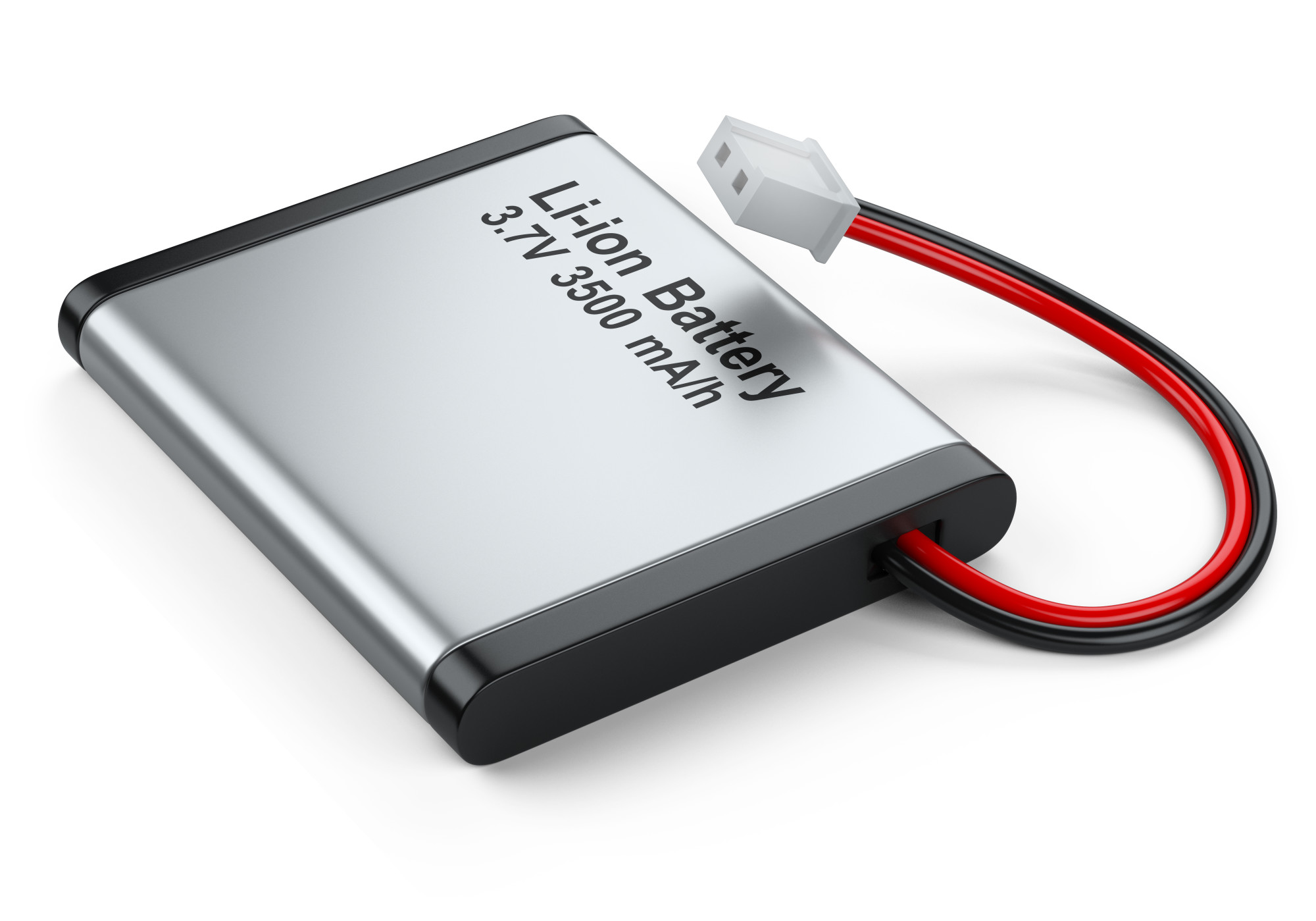Choosing the right kind of rechargeable battery for your device can keep you powered longer. The right battery can also save you money in the long run.
The Clean Energy Institute rates lithium-ion batteries as excellent for powering personal, portable devices. If you are doing a lithium ion battery review, you’ll find that they are environmentally friendly, long-lasting, and powerful.
These batteries are great for smaller products that need a lot of power. They’re also newer technology, which means companies are developing better batteries all the time.
To help you make the decision on whether to use a lithium-ion battery in your device, we’ve put together a list of 9 things you need to know. Read on to learn more.
1. Environmentally Friendly
Lithium-ion batteries are eco-friendly. This is because these batteries have lower levels of toxic heavy metals than other batteries.
Lithium-ion batteries don’t contain any cadmium, lead, or mercury. Those heavy metals have been used in rechargeable batteries for many years. They are hard to recycle and harmful to humans and the natural environment.
2. Small and Lightweight
The technology in lithium-ion batteries makes them lighter and more powerful than other rechargeable batteries. They weigh about half what a traditional battery weighs for the same amount of power.
The size and weight of lithium-ion batteries make them perfect for things like headlamps or flashlights.
3. Powerful Lithium Ion Battery Review
Lithium-ion batteries are three times more powerful than nickel-metal hydride batteries. For example, an average lithium-ion cell is 3.6V, but a nickel-metal hydride cell is just 1.2V.
The extra power comes from lithium itself. It can store and release lots of energy. The capabilities of lithium mean even small lithium-ion batteries can pack a lot of punch.
Not only can lithium-ion batteries release more power than their traditional counterparts, but they also hold that power longer. This means they don’t need recharging as often.
4. Fully Charged
Older rechargeable batteries suffered from “memory effect.” This is when a battery is partially used and then recharged. After a number of times doing this, the battery would no longer be able to provide 100 percent of its charge.
A lithium ion battery review shows that these newer batteries always provide 100 percent of their charge. It doesn’t matter whether you use all the battery power and recharge or some of the power and recharge. You can charge a lithium ion battery to 100 percent of power regardless of how much you have used.
5. Fast Charging
Another great thing about lithium-ion batteries is that they charge quickly. You can charge a typical battery in under 3 hours.
With other types of rechargeable batteries, it’s possible to overcharge them. But lithium-ion batteries come with charge protection. This means they will charge to 100 percent but won’t go past that.
Faster and safer recharging means you don’t have to worry about damaging the battery. You can get your device fully charged quicker and get back to work.
6. 1,000 Charges
Lithium-ion batteries have about 1,000 full charges in their life cycle. A full charge is when you run the battery to zero power and then charge it to 100 percent.
If you use less than 100 percent of the charge and then recharge it to full again, it doesn’t count as a full charge.
All this means that your lithium-ion battery will last you much longer than older types before you have to buy a new one.
7. Low Self-Discharge
Self-discharge is something that happens to all batteries. The chemicals in batteries react with each other even when the battery isn’t being used. This means they lose charge regardless of whether they are powering something.
Lithium-ion batteries have lower rates of self-discharge than other rechargeable batteries. There’s a 5 percent self-discharge in a lithium-ion battery in the first 24 hours after a full charge. But after that, the self-discharge rate drops off to less than 2 percent a month.
Other types of batteries have a self-discharge rate of 15 percent in the first 24 hours. After that, they lose up to 15 percent of charge every month.
8. Costly
A lithium ion battery review points out that these batteries are more costly to produce than other kinds. This is partly because the technology is still relatively new.
Lithium-ion batteries are about 40 percent more expensive to make than nickel-cadmium batteries.
With the technology developing rapidly, it’s also possible that lithium-ion batteries will change. That means you might need to replace the battery in your device. It could also mean that newer devices use different types of batteries.
9. Needs Protecting
Because lithium-ion batteries aren’t as stable as other types of rechargeable batteries they require built-in protection. This protection stops the batteries from overcharging. It also protects them from discharging more power than is needed.
To protect these batteries, manufacturers build-in protection circuits. It’s easy to do but it is one of the reasons that lithium-ion batteries are currently more expensive to produce.
The protection against over-discharging of power is important. This is especially true using when multiple batteries in the same device. As a consumer, you want the batteries to work together seamlessly. Manufacturers include protection so that one battery doesn’t discharge before the others.
Everything You Need to Know About Buying Lithium-Ion Batteries
Now that you have 9 of the key things to know about lithium-ion batteries you can make a knowledgable decision on whether to buy one.
As you make a lithium ion battery review keep in mind the increased power they have. Think about the fast charging and the fact that they don’t lose their power as quickly as other batteries. Be aware that they cost more, but remember that they are light and compact, too.
This is the kind of technology knowledge we like to share. We think it’s important that everyone has as much information about technology as they can.
We post articles like this one on a wide variety of tech issues. So, come back to read about your technology needs whenever you have a question or need some information.



